I'm developing a Rust application for user registration via SSH (like the one working for SDF).
I'm using the SQLite3 database as a backend to store the information about users.
I'm opening the database file (or creating it if it does not exist) but I don't know the approach for checking if the necessary tables with expected structure are present in the database.
I tried to use PRAGMA schema_version for versioning purposes, but this approach is unreliable.
I found that there are posts with answers that are heavily related to my question:

